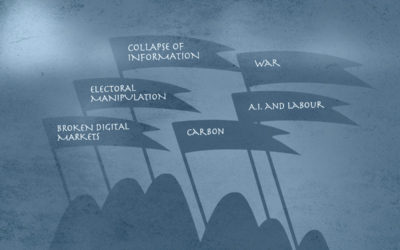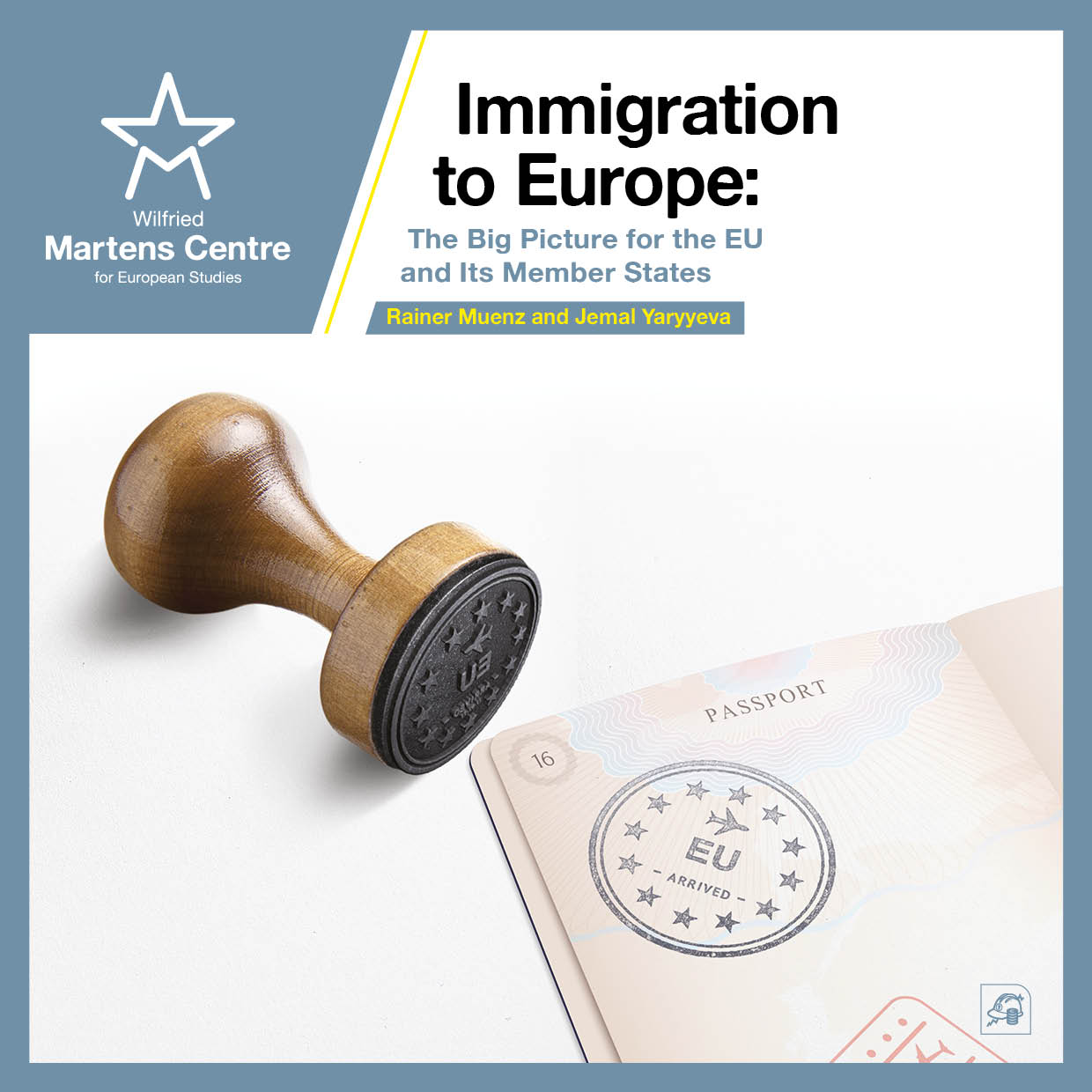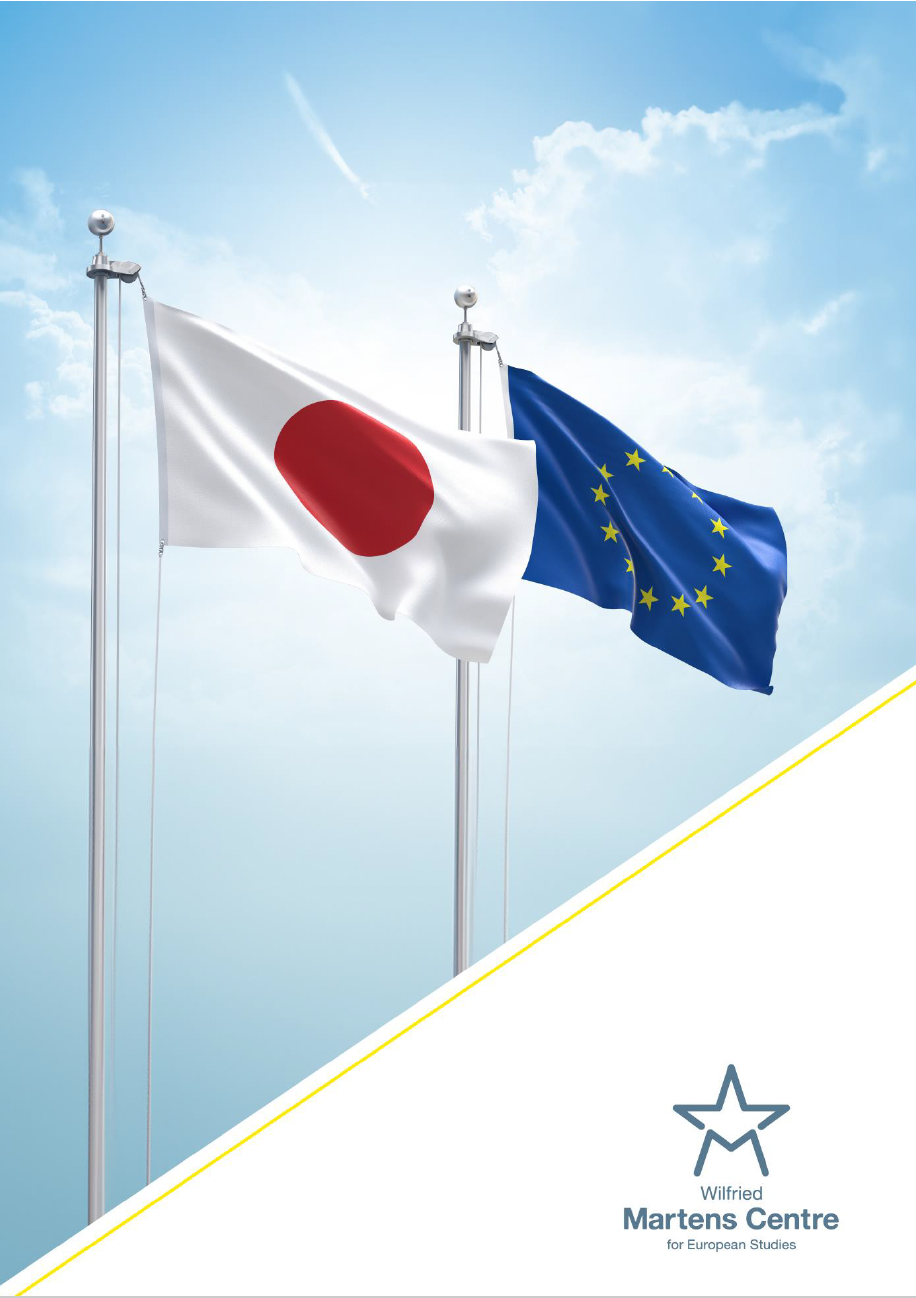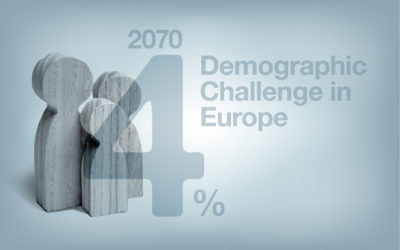Are the Visegrád Four ready for a new approach towards China?
14 September 2020

Since 1 September, the Hungarian government has closed its borders due to the rise in new COVID-19 cases. However, there is an exception made for those citizens of Slovakia, Czechia, and Poland, who work, study, or travel to Hungary. The decision has provoked a reaction from the EC, who calls to respect the integrity and non-discriminatory nature of the Schengen area. How do you perceive this unilateral step from Hungary, especially since its neighbours, such as Serbia and Romania, have many more COVID-19 cases, and yet their borders remain open?
Dániel Bartha – Executive Director, Centre for Euro-Atlantic Integration and Democracy, Hungary: The government was rushing to make a highly visible decision. They even failed to inform Hungarian authorities, such as the Border protection agency, on time. The decision to keep V4 relations unchanged was based on political considerations and the experience from the spring when these countries had much lower numbers. Later, the decision was corrected, but it shed light on some dysfunctionality in decision-making. I wouldn’t consider it an anti-EU move, although the EU should be criticised for not using the summer period to further harmonise the decision-making process regarding the closure of Schengen borders, which gives more room to such unilateral decisions.
Vladimír Bartovic, Director, EUROPEUM, Czechia: I am generally against the closure of borders between EU member states. Of course, all countries have the right to protect their citizens from the spread of COVID-19, but in my opinion, countries should demand a negative COVID-19 test, rather than closing the borders.
I agree with the European Commission that Hungary’s decision to give exemptions based on citizenship is discriminatory. If there are some exemptions, they should be based on residence rather than citizenship, and well-argued from the epidemiological point of view.
Miriam Lexmann, Member of the European Parliament, Slovakia: The unilateral closure of borders in March 2020 has highlighted the need for EU Member States to coordinate or, at the very least, to communicate their intentions in advance. No doubt, the closure of borders opens a moral question of whether freedom of movement is more important than the protection and health of citizens. Yet, there are mechanisms in place for situations where Member States must re-impose internal Schengen borders. Therefore, I think that such steps should be coordinated within the EU in advance, and according to set mechanisms, so that citizens and other countries impacted by the situation can adequately prepare.
Much attention is being paid to the Czech Senate Speaker Miloš Vystrčil, who made an official visit to Taiwan, accompanied by a large delegation of politicians, businessmen, and scientists. According to Chinese Foreign Minister Wang Yi, Vystrčil will pay a very high price for his visit to Taiwan, thereby not respecting the One-China Principle. His trip was supported by the Slovak president, along with French and German officials. Can we expect that the Visegrád Group will adopt a less assertive approach towards China?
Dániel Bartha: Hungary will be the last country to join the V4 on this issue, but if it is necessary, it will show solidarity with Czechia. Although 16+1 can be declared dead, the government is still convinced that keeping the country in the Euro-Atlantic alliance and having good relations with China are simultaneously possible, despite EU and NATO membership officials often referring to a neutral status. Obviously, this position is not sustainable, but it’s important to understand that economic interests are the only aspect which the government considers. While the economy will contract by 7 to 10%, and Hungarian trade volume was falling in every direction, we have recorded a 20% growth in import volume and a 4% growth in export to China.
I believe Chinese and Czech relations are poisoned, and we have passed the point of return for good relations. It is now a matter of time before Slovakia will join Czechia on this issue. Due to its geopolitical interests, Poland will support the US position on China, which will soon leave Hungary alone on this issue within the V4.
Vladimír Bartovic: How to approach relations with China was, is, and certainly will be a very divisive issue, not just among the different countries, but also between different political parties, and even between different politicians within individual parties, as the Czech example demonstrates. The Czech Senate Speaker Mr. Vystrčil’s journey to Taiwan was criticised by other Czech representatives, such as President Zeman or Prime-Minister Babiš. But the Chinese reaction, consisting of blackmailing and threatening Mr. Vystrčil and other members of the delegation, crossed all lines of acceptable diplomatic behaviour. I would have expected more solidarity from the Visegrád states’ representatives, or even from the EU as a whole in this case. Visegrád foreign ministers could have declared that the language used by Minister Wang Yi is unacceptable. On the other hand, I do not expect any changes in the approach of V4 countries towards China in reaction to this incident.
Miriam Lexmann: As was stated in an open letter I initiated with Alexandr Vondra (Czech Republic/ECR) in support for Mr. Vystrčil and signed by nearly 70 political leaders worldwide, all sovereign countries have the right to determine their relations with Taiwan without the interference of the Chinese Communist Party.
Given the vulnerabilities exposed during the current pandemic, the realities of the corrosive impact of Chinese investment in some countries, and empty promises in others, as well as the arrogance of Chinese diplomats and officials, there is an ongoing shift in opinion about the Chinese authoritarian regime within the Visegrád Group. There is, however, the need for an EU-wide re-assessment of our relations with China. Therefore, it is not simply a question for the Visegrád Four whether to adopt a more assertive and principled approach, but for the whole of the EU.




















